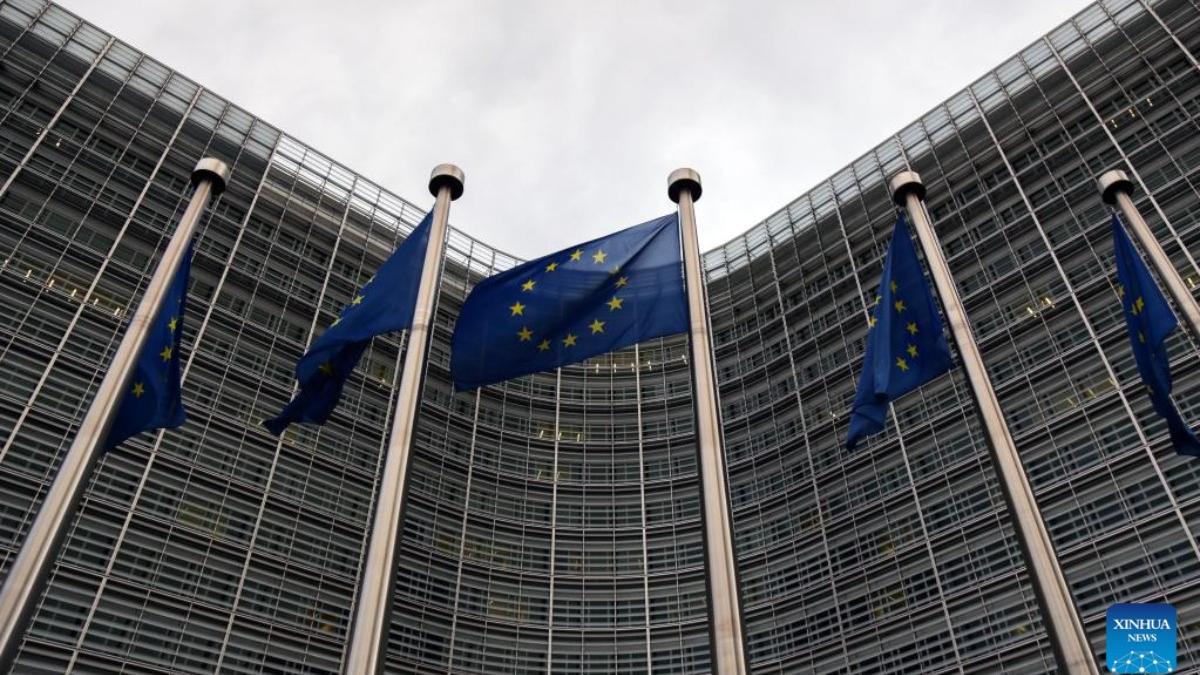 EU flags are seen outside the European Commission in Brussels, Belgium, Jan 6, 2023. (PHOTO / XINHUA)
EU flags are seen outside the European Commission in Brussels, Belgium, Jan 6, 2023. (PHOTO / XINHUA)
BRUSSELS - Stung by criticism of tardy privacy investigations and the Irish privacy regulator's outsized role in overseeing Big Tech, the European Commission on Tuesday announced new rules to help watchdogs work on cross-border cases at a faster clip.
Critics say investigations take too long and fines are too low to deter privacy breaches by Big Tech companies, undermining the goal of landmark EU rules known as the General Data Protection Regulation which came into force in 2018.
The Irish Data Protection Commissioner (DPC), the EU lead regulator because many of the world's largest technology companies are based in Ireland, has also attracted criticism from its peers for its fines, seen by some as too low.
The new rules require the main privacy authority to share a summary of key issues to its peers, allowing them to provide feedback at an early stage and also set out common deadlines for cross-border cooperation and dispute resolution
"The harmonization of these procedural aspects will support the timely completion of investigations and the delivery of swift remedies for individuals," the Commission said.
ALSO READ: Microsoft to pay $20m for child privacy violations
The new rules require the main privacy authority to share a summary of key issues to its peers, allowing them to provide feedback at an early stage and also set out common deadlines for cross-border cooperation and dispute resolution.
Complainants have the right to be heard in cases where their complaints are fully or partially rejected and also to be properly involved should regulators decide to investigate their grievances.
ALSO READ: Twitter alleges 'unauthorized' data usage by Microsoft
The new rules also give companies under investigation the right to be heard at key stages in the procedure and to access the file.
Privacy activist Max Schrems who has filed complaints against Meta Platforms and Alphabet's Google criticized the new procedures.
"The Commission proposal seems to be technically and materially flawed and rather strips citizens of existing rights than ensuring their enforcement," he said.
READ MORE: Japan privacy watchdog warns OpenAI on data collection
Tech lobbying group The Computer & Communications Industry Association said the rules fall short when it comes to the right of companies to appeal and the right to a fair hearing with a realistic timeframe.


